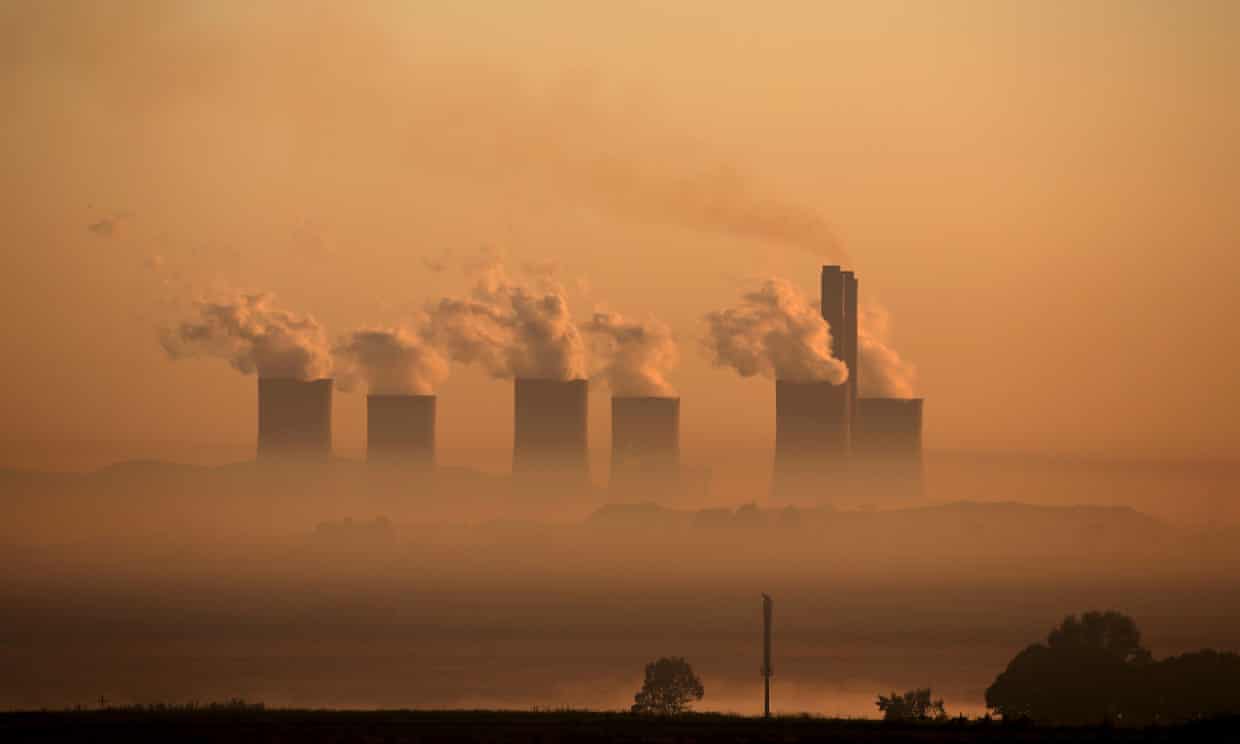
South Africa
South Africa hit by massive power cuts as floods disrupt supply
Worst outages in a decade after heavy rains cause power stations to fail
by Jason BurkeSouth Africa has been hit by massive power cuts as heavy rains flood power stations and disrupt coal-fired electricity generation.
The state-owned utility Eskom said on Monday that it could only meet 80% of the country’s energy demand and called for a “concerted collective effort” after about a quarter of its generation capacity failed.
The failure to provide adequate power for what has long been seen as Africa’s most developed economy will underline the huge challenges faced by the president, Cyril Ramaphosa, as he attempts to turn round flagging growth rates and bring in much-needed reforms.
South Africa is struggling with soaring unemployment, high rates of violent crime and patchy delivery of basic services. Many blame incompetence and graft under the previous president, Jacob Zuma.
Power cuts earlier this year pushed the country close to recession. The most recent outages, the worst for more than a decade, started five days ago and have intensified over the last 36 hours. They are predicted to continue throughout the week.
Eskom said on Monday morning: “With the incessant rains, we are beginning to experience flooding at some power stations, which have further led to load losses and has impacted supply as the rainy weather persists … Load shedding is a responsible act and highly controlled process, implemented to protect the country from a national blackout.”
Environmentalists and experts have criticised a new energy plan which maintained a central role for coal-fired power generation.
Executives have blamed a failure to maintain the power infrastructure. Two massive new coal power stations have been crippled by a series of technical problems.
The utility owes about 450bn rand (£23bn) and has been described as “the biggest challenge facing the country” by analysts.
“Mess up Eskom, and you mess up the country. And it looks as though key players are doing just that,” wrote Mark Swilling, an expert in sustainable development at Stellenbosch University, on The Conversation website.
Ramaphosa took power last year and pledged to overcome South Africa’s “huge and real” problems. The former labour activist turned tycoon won an election in May but faces entrenched networks of patronage and corruption, some within the ruling African National Congress party, as well as widespread political opposition to his reforms.
In a further blow to public finances and business confidence, South African Airways, the publicly owned national carrier, has been put into “business rescue”.
SAA has been posting losses since 2011 and is deeply in debt. It has received more than 20bn rand in government bailouts over the past three years, which has achieved little more than keeping it barely afloat.
In a statement, Ramaphosa said although many of the state-owned firms such as Eskom and SAA were deeply in debt, they remained valuable state assets with immense capacity.
“We will not allow any of these strategic entities to fail. Rather, we need to take all necessary steps – even drastic ones – to restore them to health,” he said.
Ramaphosa’s description of one troubled power station as a “fitting symbol of the importance of our state-owned enterprises” prompted an angry response from commentators and social media.